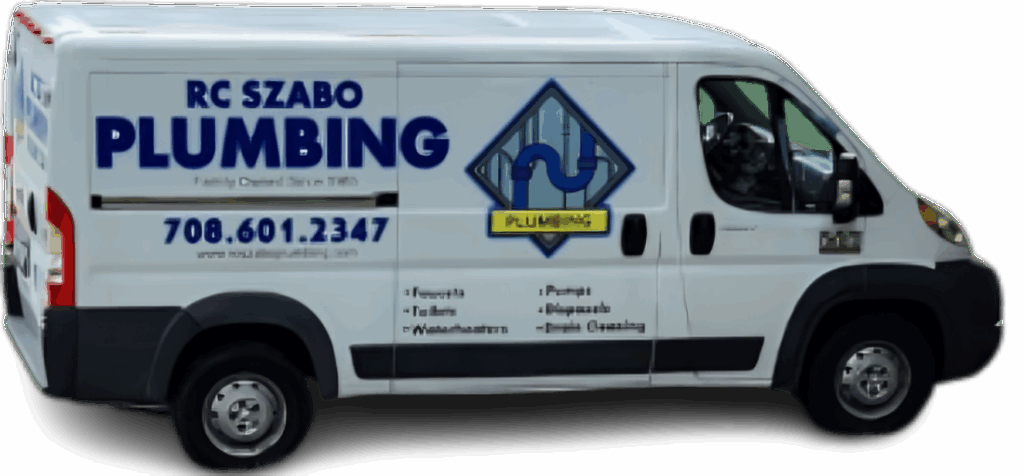With winter fast approaching, it’s essential to safeguard your plumbing from the frigid temperatures that can lead to frozen pipes. Not only can frozen pipes cause inconvenience and water damage, but they can also be a costly repair if not dealt with promptly. Here are some practical tips on how to prevent frozen pipes during the winter months:
– **Insulate Your Pipes**: One of the most effective ways to prevent frozen pipes is by insulating them. Consider using pipe sleeves or heat tape to add an extra layer of protection.
– **Seal any Cracks and Gaps**: Examine your home for any cracks or gaps near pipes that could expose them to cold air. Seal these areas with caulk or insulation to keep the warmth in and the cold out.
– **Let Faucets Drip**: Allowing faucets to drip slightly can help relieve pressure in the pipes, reducing the likelihood of them freezing. It may increase your water bill slightly, but it’s a small price to pay compared to dealing with burst pipes.
– **Keep Cabinets Open**: For pipes located under sinks, keep cabinet doors open to allow warm air to circulate around them. This simple step can make a significant difference in preventing frozen pipes.
– **Maintain a Consistent Temperature**: During cold snaps, it’s essential to keep your home heated consistently, even when you’re away. Set your thermostat to at least 55 degrees Fahrenheit to ensure that the pipes remain warm enough to prevent freezing.
– **Disconnect Garden Hoses**: Before the freezing temperatures set in, disconnect and drain your outdoor garden hoses. Leaving hoses connected can cause water to back up into the pipes, increasing the risk of freezing.
– **Consider a Smart Thermostat**: Investing in a smart thermostat can help you monitor and adjust the temperature in your home, even when you’re away. Some models can alert you if the temperature drops to a level that could lead to frozen pipes.
– **Know Shut-Off Locations**: In case a pipe does freeze or burst, it’s crucial to know the locations of the main water shut-off valve in your home. Being prepared can help minimize water damage and prevent further issues.
In conclusion, taking proactive steps to prevent frozen pipes during the winter can save you time, money, and the hassle of dealing with a plumbing emergency. By insulating, sealing, and maintaining a consistent temperature, you can protect your pipes and ensure a smoothly running plumbing system throughout the cold season. Stay warm, stay prepared, and keep your pipes flowing freely!



